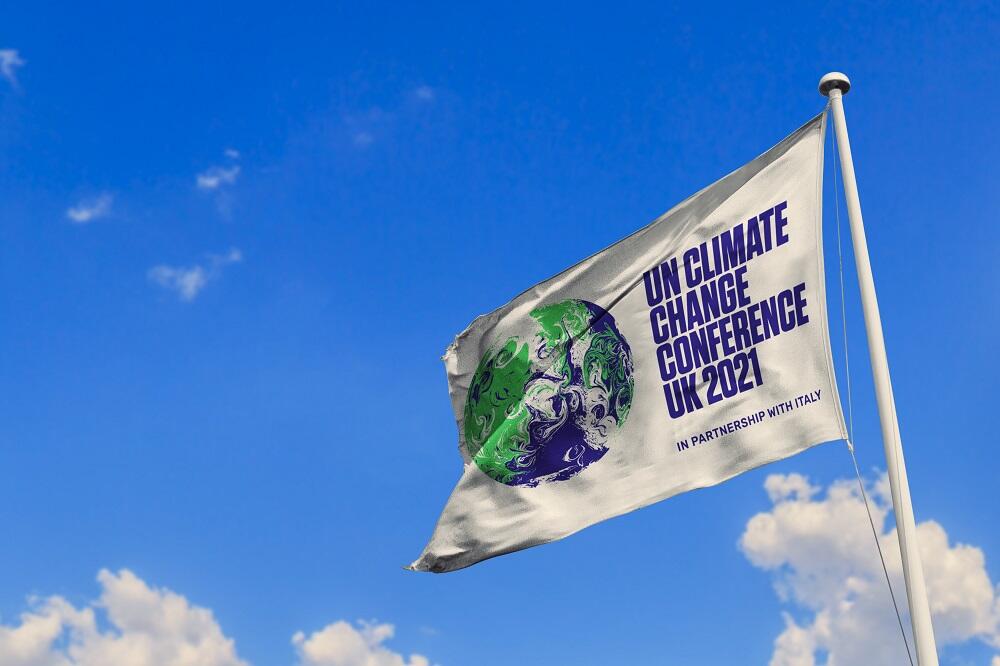
The UN Climate Change Conference (COP26) in Glasgow under the UK presidency highlights the urgent need to address the climate emergency. Given LSTM’s role as a centre of excellence in global health issues affecting the most disadvantaged communities worldwide, we have a duty to reduce our climate impacts on the constituencies we serve.
Over recent years, significant momentum has been growing among LSTM staff and students on addressing these important issues. In 2019, LSTM staff established the Environmental Working Group (EWG) along with several dedicated sub-groups. Both the EWG and its subgroups are open to all LSTM staff, and have been successful in identifying key areas for improvement and campaigning for change. More recently, in January 2021, the school set up the Sustainability and Environment Committee (SEC), which formally reports directly to the LSTM Management Committee, providing both strategic representation and direction for the EWG. SEC has broad representation across the school’s departments and career stages, and is responsible for driving the implementation of environmental sustainability across LSTM. The SEC includes representation from four environmental working subgroups on Communications, Data, Green Working and Carbon/Travel, each of which are open to all LSTM staff and students.
Progress in the past year has been swift. The SEC and EWG have developed a Sustainability and Environmental Policy Action Plan which includes measures and targets across corporate governance, operational management, procurement, and travel. Examples of early wins are LSTM divestment from fossil fuels in February 2021 and a switch from brown electricity – containing fossil fuels – to 100% certifiable renewable energy in October 2020. The Green Working subgroup is currently focussed on providing a set of guides on green working practices at LSTM. The first in the series, The Green Laboratory Guide will be launched in October 2021, inclusive of a green pledge for LSTM lab users to show their commitment to ensuring green laboratory practices at LSTM.
The Data subgroup has primarily been focussing on understanding the data currently collected within LSTM on a range of issues, including carbon management, recycling, waste, energy and water use, and our environmental auditing. This has largely been guided by the criteria of the People and Planet survey guidelines and assessment categories, and has highlighted the need for developing data frameworks and best practices going forward, and allowed for baseline assessment of LSTM’s environmental and sustainability practices.
The Carbon Travel group has conducted a travel survey to explore staff attitudes towards travel for business in 2020. The group has conducted awareness raising campaigns on the need to reduce air travel emissions for business use by reducing the number of flights taken by LSTM staff and a reduction in business class travel. The group is also working with external consultants to develop a local travel plan by reducing dependency on single car occupancy to decrease the environmental impact of transport to and from LSTM.
A new Education for Sustainability group has been formed to ensure that Education contributes to the coherent School-wide approach to sustainabily that LSTM is aiming for. The exisitng members wil bring in colleagues and students across departments and courses to ensure representation of disciplines and diverse views for the impact that will be sustainable and continuous. The group agreed that the framework is needed for conceptual underpinning and directing the group activities, which will include mapping of already existing practices and opportunities . It will be produced through the collaborative efforts from the group members and recognised members of staff who are not part of the group.
While this is a long road, LSTM is making significant steps to increase its sustainability. Find out more.
Dr Anne Wilson. On behalf of the EWG.